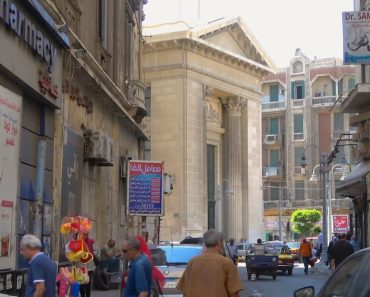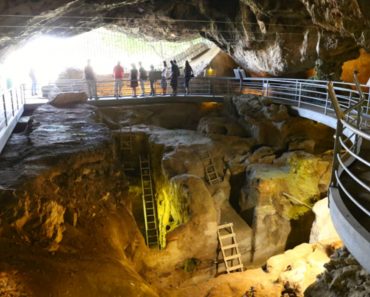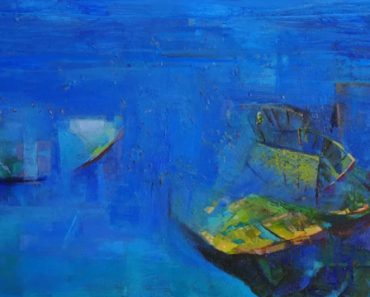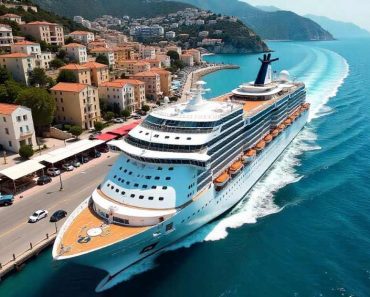NEW YORK, NY – GNUSA
The East Mediterranean Business Culture Alliance presents “New Orleans: Hellenic Shipping/Cotton Merchants, and the 1st Greek Orthodox Community” Webinar Panel Discussion on Sunday, June 22 at 1 P.M. New Orleans/ 2 P.M. EST/ 9 P.M. Athens EEST.
The discussion will be introduced and moderated by EMBCA’s President, Lou Katsos. Participating in the panel will be Author/Writer/Clemson University Lecturer and EMBCA Director Alexander Billinis; Attorney James G. Derbes; Parker C. Agelasto, Executive Director of the Capital Region Land Conservancy; and Holy Trinity [New Orleans] Archives Curator Magdalene Spirros Maag.
This panel discussion is the second of a series of discussions relating to EMBCA’s American Hellenic U.S. Semiquincentennial Committee (in short EMBCA 250) to commemorate America’s 250th Anniversary in 2026 and to highlight the contributions of Hellenic Americans throughout the nation’s history.
“The story of the Hellenes in New Orleans is a distinctive chapter in Hellenic-American history, rooted in maritime commerce, Orthodox faith, and transatlantic trade. Long before the major waves of Greek immigration in the early 20th century, merchants from Chios, Psara, and Hydra were drawn to New Orleans for its strategic role in the global cotton trade. By the early 1800s, the city had become a vital hub for cotton, sugar, and river commerce. Families like the Carcopoulos, Phocas, Macridges, and Dracos emerged as shipowners and brokers, linking Southern plantations with European markets through broader Chiot diaspora networks extending to London, Marseille, and Smyrna.
Chiot merchant dynasties such as the Ralli Brothers, Rodocanachi, Spartali, and Schilizzi operated expansive trade networks spanning the British Empire, the Levant, and the Americas. While headquartered in European cities, they maintained strong commercial ties to U.S. ports—including New Orleans—coordinating exports to British textile mills”, notes Lou Katsos and continues saying:
“The American Civil War disrupted these flows, but Hellenic merchants swiftly adapted. Firms like the Ralli Brothers expanded cotton sourcing to India and Egypt, undermining the Confederacy’s “King Cotton” strategy and helping maintain British neutrality—underscoring their influence in global trade and politics.
As they established themselves, these early merchants also nurtured their religious and cultural identity. In 1864, they founded Holy Trinity Greek Orthodox Church—the first of its kind in the Western Hemisphere. Backed by leading families, the church welcomed Orthodox faithful from various ethnic backgrounds and became the spiritual and cultural heart of the community.
Though the war and economic shifts challenged them, Hellenes in New Orleans adapted, moving into sectors like retail, hospitality, and maritime services. Early merchant families mentored newer immigrants, strengthening a resilient and rooted community”.
“Holy Trinity remains a symbol of this legacy—preserving language, tradition, and faith. Its annual Hellenic Festival celebrates a legacy of vision, resilience, and cultural pride. The impact of these early Hellenes endures in the city’s cosmopolitan character and vibrant Greek Orthodox presence”, Lou Katsos concludes.








